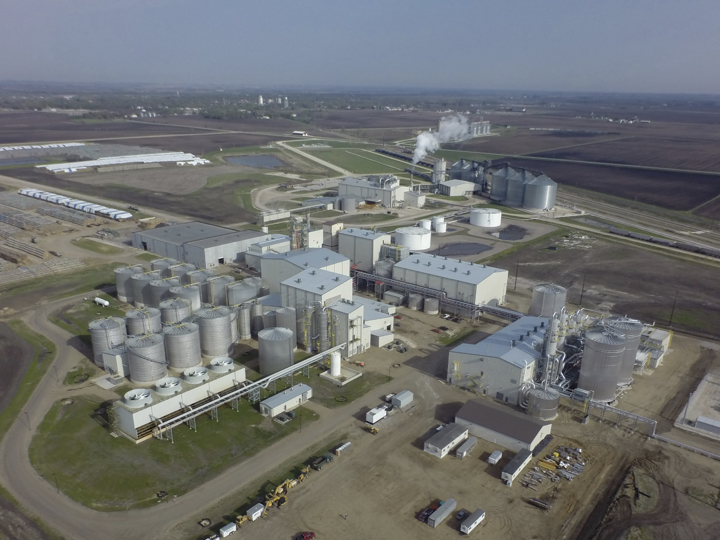DSM: putting climate plans into practice for a net-zero transformation

Originally a Dutch coal-mining company, DSM has undertaken multiple transformations to become a global health, nutrition and bioscience leader that is on a committed path to net zero. DSM’s climate ambition is backed by a time-bound, independently validated plan for how the company will achieve its vision for a just and resilient net-zero economy.
“As a purpose-led company, we aim to drive sustainable growth and so regularly evaluate what we can do to go further and faster on our route to net zero and play our role in driving global, systemic transformation,” explains Dimitri de Vreeze, Co-CEO of DSM. “This decade is crucial if we are to achieve critically needed transitions. We must showcase ambition and deliver a credible pathway to decarbonization together.”
The process of setting and validating DSM’s greenhouse gas (GHG) emissions targets is one of continuous improvement. Since starting to work with the Science Based Targets initiative (SBTi) in 2017, DSM has updated its target ambition twice. An initial target to reduce Scope 1 and 2 emissions in absolute terms by 30% versus 2016 levels by 2030 has already been achieved in total cumulative terms. DSM revised this target upwards in 2021, and again in 2022 to 59%.
As a contributor to this, DSM originally aimed to source 75% of its electricity from renewable sources by 2030, and met this level eight years ahead of schedule in 2022. The company now aims to use 100% renewable electricity by 2030 as part of a long-term roadmap to reduce Scope 1, 2, and 3 emissions by at least 90% by 2050 if not sooner. DSM was one of the first companies to ‘road test’ the draft SBTi Net-Zero Standard through July and August 2021, and is part of the expert advisory group.
DSM will also move from a relative near-term intensity target for its indirect value chain GHG emissions (targeting a reduction of 28% per ton of product produced by 2030), to an absolute reduction target. An absolute target refers to the total amount of emissions being emitted, as opposed to intensity targets that specify emissions reductions relative to economic output.
DSM’s climate plan is integrated into the company’s overall strategy and financial planning, and shows how concrete action leads to progress against 1.5°C-aligned targets. For instance, the interest rate on a €1 billion Revolving Credit Facility in 2018 was linked to DSM’s GHG emission reductions, and achieving the company’s ambitious targets is part of the Managing Board’s remuneration. The company also applies a carbon price of €100/t CO2eq to large investment decisions and the Profit & Loss statements for internal management reporting.
DSM’s sustainability actions are not limited to its direct footprint. Every year, in-depth discussions take place with more than 50 of the company’s largest suppliers as part of a Scope 3 supplier engagement program, CO2REDUCE. Together, DSM and its suppliers create joint roadmaps for emissions reductions.
To complement these emissions cuts, DSM invests in high impact climate mitigation activities beyond its value chain to accelerate a global net-zero transition. For example, nearly 60% of emissions created globally during milk production come in the form of enteric methane. A single dairy cow can generate three tons of CO2 equivalent every year. DSM’s scientific breakthrough feed additive Bovaer® can reduce the methane emitted by cattle by around 30%. DSM is now mobilizing key stakeholders across the livestock value chain to shape a more sustainable, lower methane future.
DSM further advocates for consistent, long-term governmental policies that make a low-carbon economy a reality, joining forces with coalitions including We Mean Business, WBCSD, the World Economic Forum and the Carbon Pricing Leadership Coalition. As members of RE100 and the Powering Past Coal Alliance (PPCA), DSM works together with countries and other companies to phase out coal-fired electricity generation.
DSM ensures accountability and climate leadership by reporting on its climate actions through CDP and is committed to implementing the recommendations of the Task Force on Climate-related Financial Disclosures (TCFD). DSM strongly believes that transparent collaboration, not only across value chains, but also among peers and with policymakers is needed to rapidly redesign the economy for net-zero.

